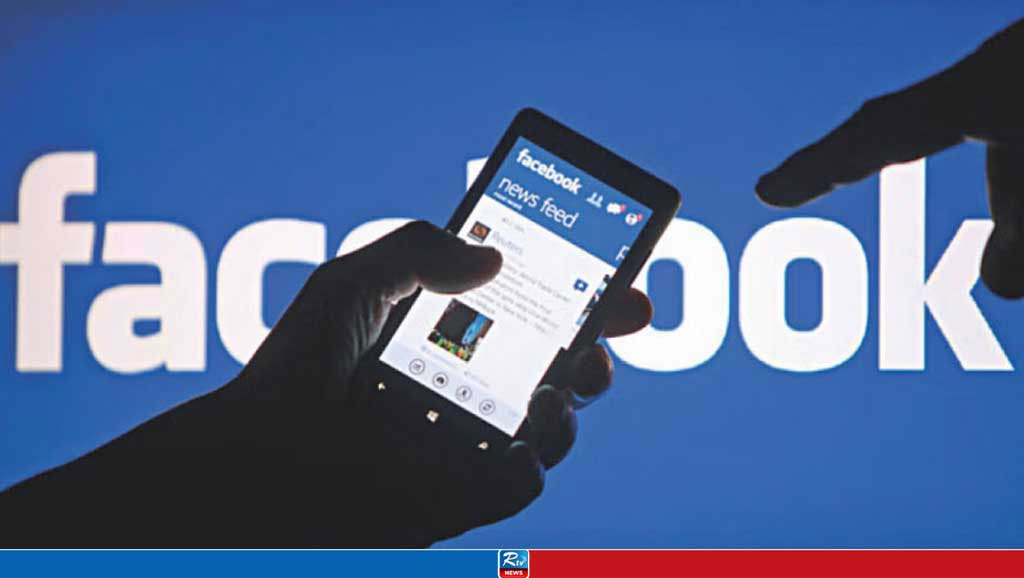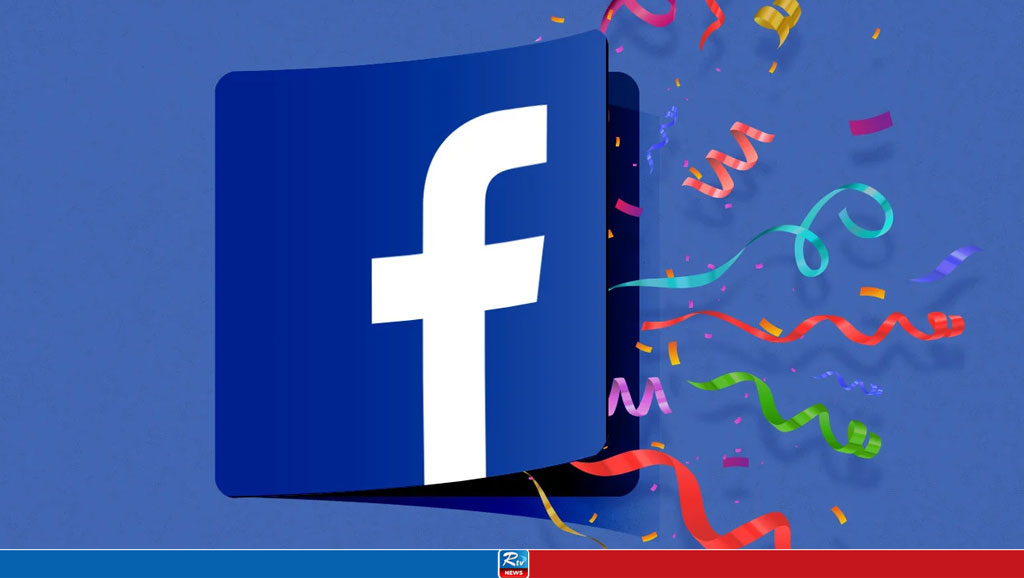Vodafone and Birla fight to save Indian telecom joint venture
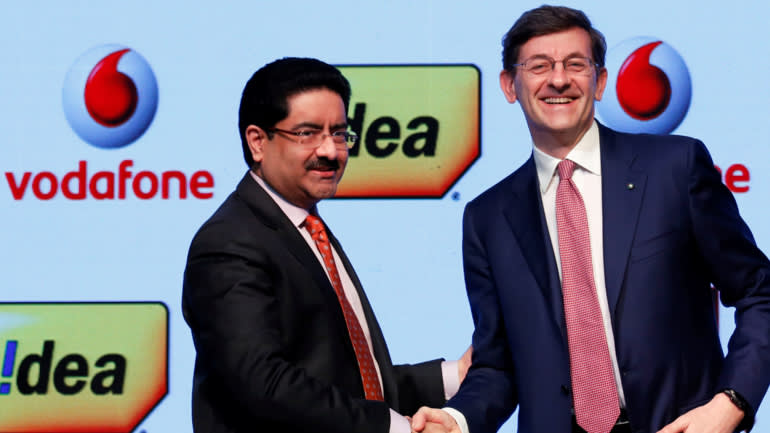
When Kumar Mangalam Birla, chairman of the $46 billion in revenue Aditya Birla Group, walked into Indian government offices in New Delhi last week with Vodafone Group CEO Nick Read in tow, they had only one mission: to salvage their joint venture Vodafone Idea from imminent financial collapse.
The meeting was called because Vodafone Idea, the mobile telecom company owned 27.6% by the Birla group and 44.3% by U.K.-listed Vodafone, will require a bailout package from the Indian government and lenders if it is to survive.
Birla, who quit as chairman of Vodafone Idea in August, apprised top Indian government officials of the group's sagging financial fortunes. He and Read lobbied hard for the government to impose a price floor for mobile services, so as to end a vicious price war, according to a person familiar with the discussions. They also pressed the officials for a moratorium on payments of dues owed to the government, and for clarity on billions of dollars worth of other historic liabilities.
"I want to emphasize that without immediate active support from the government on these three issues (certainly by July 2021), VIL's financial situation will drive operations to an irretrievable point of collapse," Birla wrote to the Indian government in June this year. If Vodafone Idea, with a customer base of 273 million, is allowed to fail, Indian consumers will be left with an effective duopoly of Bharti Airtel and Reliance Jio.
Both Vodafone and the Birla group have refused to invest any more funds into their loss-making joint venture, citing the financial damage from an adverse judgment by India's Supreme Court last year. The ruling, on so-called adjusted gross revenues liabilities, increased Vodafone Idea's AGR debt to the government to 610 billion rupees ($8.36 billion) as of March 31, including interest.
Both the Aditya Birla Group and Vodafone declined to comment on the talks with the government. But Birla group insiders say they are hopeful of a breakthrough soon.
While the drop-dead date of July 2021 has passed, a reckoning is inevitable -- and not far off. Telecom industry analysts point to chunks of Vodafone Idea debt that will start maturing in December.
"The company's inability to raise funds and hike tariffs has put the industry on the brink of a duopoly," said Pranav Kshatriya, vice president at Edelweiss Securities. "While Vodafone Idea may be able to pay small sums to its creditors, the payment of the nonconvertible debentures worth 60 billion rupees from December to March next year will not be possible without a fresh fund infusion or renegotiations with lenders."
Concessions from the Indian government on the AGR liabilities and wireless spectrum dues payments are also necessary, considering significant sums will be due by the quarter beginning in April, Kshatriya added. "VIL's situation has considerably worsened, and the government's intervention will be required to sustain the market structure," he said.
If Vodafone Idea does go under, analysts predict Reliance Jio and Bharti Airtel will gain enormously. Government-owned BSNL remains a small third-place player, and the big two are better placed to swoop in and snap up Vodafone Idea's customers. Bharti Airtel announced last week that it was fortifying its balance sheet with a 210 billion rupees rights issue.
When Birla and Vodafone Group agreed in March 2017 to merge their Indian mobile telecom businesses to create Vodafone Idea, both had painted an extremely optimistic picture of the future. The combined company, they said, would immediately become India's leading telecommunications provider with almost 400 million customers, a 35% customer market share and 41% revenue market share. By September 2018, the merged entity's total subscriber base was 435 million customers, more than the entire population of the U.S.
But its fortunes reversed quickly as competition intensified and the merged entity struggled to keep up with technological advances. The entry of Reliance Industries, India's biggest conglomerate, in 2016 with the then-latest 4G technology and cheap data offers shook up the market and quickly resulted in consolidation among rival players.
By the time Vodafone Idea sorted out its merger blues, Reliance Jio and Bharti Airtel had eaten into its market share, while the total Indian mobile market remained constant at 1.1 billion subscribers.
"There were a number of issues within Vodafone Idea, including the clash of cultures between a multinational with a lavish expense budget and a frugal Indian company. The merger did not bring in the fruits it was supposed to," said a former chairman of a rival telecom company who asked to remain anonymous.
The AGR liability dispute can be traced to a deal in 1999 under which telecom players agreed to pay dues based on a revenue-sharing formula, replacing the previous fixed fee. The Indian government's department of telecommunications and the companies soon began to disagree on how to calculate revenues. Specifically, there was a dispute over whether to include revenues from related services such as selling mobile phones bundled with telecom services or certain commissions.
The matter has been making its way through the courts since 2005, and none of the companies, including Vodafone and Idea Cellular, made any provisions in case the judgment went against them.
In September 2020, the Indian Supreme Court dropped a bombshell, directing all telecom companies to pay the past dues, with 10% by March 31 and the rest in annual installments over the next decade.
As a result, the company estimated its gross debt as of March this year at 1.8 trillion rupees, which includes deferred spectrum payment obligations of 960 billion rupees and bank debt of 230 billion rupees.
Aliasgar Shakir, an analyst with Motilal Oswal Financial Services, said the company cannot realistically become profitable without restructuring this mountain of liabilities.
"To survive, it would require a 93% tariff hike to fill the cash-flow deficit gap," he said. "The government of India can extend the deadline for spectrum dues or AGR payment timelines. However, with interest accruing during the extension period, the amount would balloon, thus providing only a short-term respite. It will also need a debt restructuring from the Indian lenders."
After the AGR judgment, Vodafone Idea announced plans to raise 250 billion rupees in new debt or equity but it has failed to find any investors, given the uncertainty. Its shares have lost 40% of their remaining value in the past year.
In one positive sign for Birla and Vodafone, rivals have hinted they are ready to raise rates for customers. Fitch Ratings forecast last week that the industry's monthly average revenue per user (ARPU) would rise by 15% to 20% to 175 rupees in the next 12 months from the current 146 rupees, on headline tariff increases and increasing migration of 2G users to higher-priced 4G plans.
Meanwhile, government officials have said they will make a decision that is positive for all players and indicated they believed the collapse of Vodafone Idea would send the wrong signals to foreign investors, which raised hopes of a deal.
Given these developments, industry insiders believe Vodafone Idea's future is still in play, and Birla and Read's lobbying in New Delhi may not go in vain.
Source: NIKKEI Asia
EK
Comments
Warehouse developers bet on India as companies look beyond China

US Diplomat Donald Lu denies Pushing Pakistani ex-PM Khan Out of Office
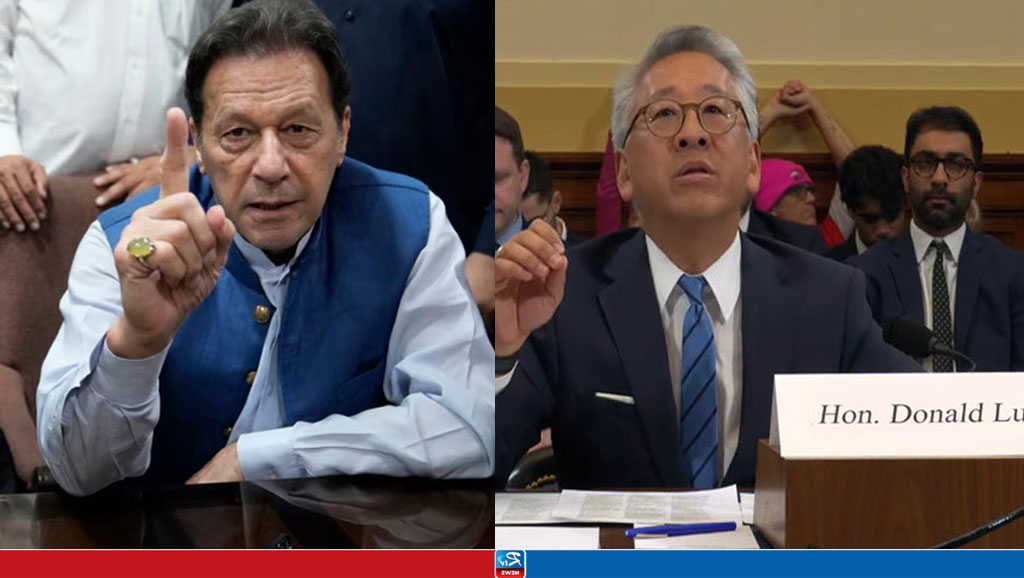
Spain: Judge orders Telegram to be blocked nationwide
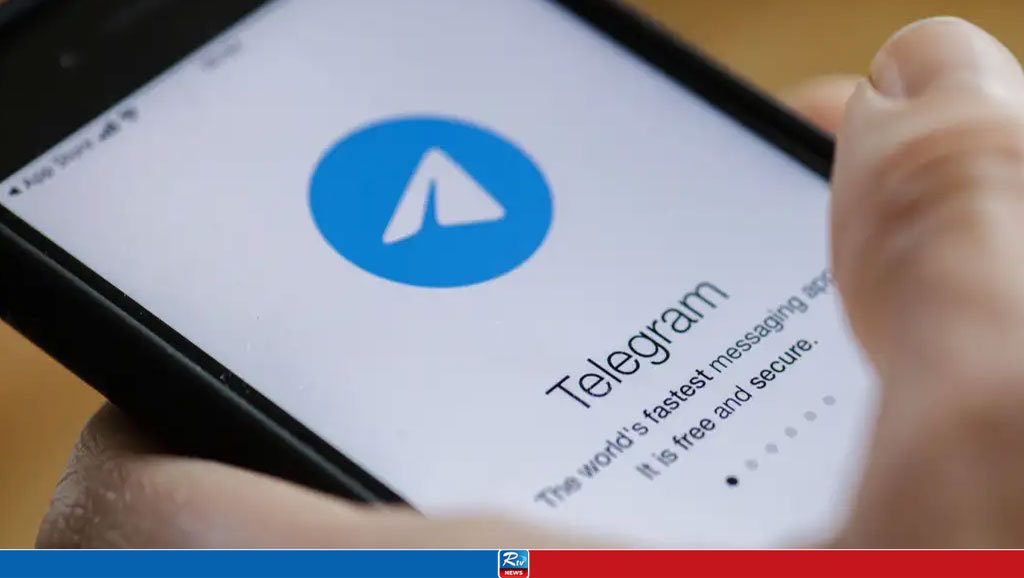
More than 100 kidnapped schoolchildren rescued in Nigeria
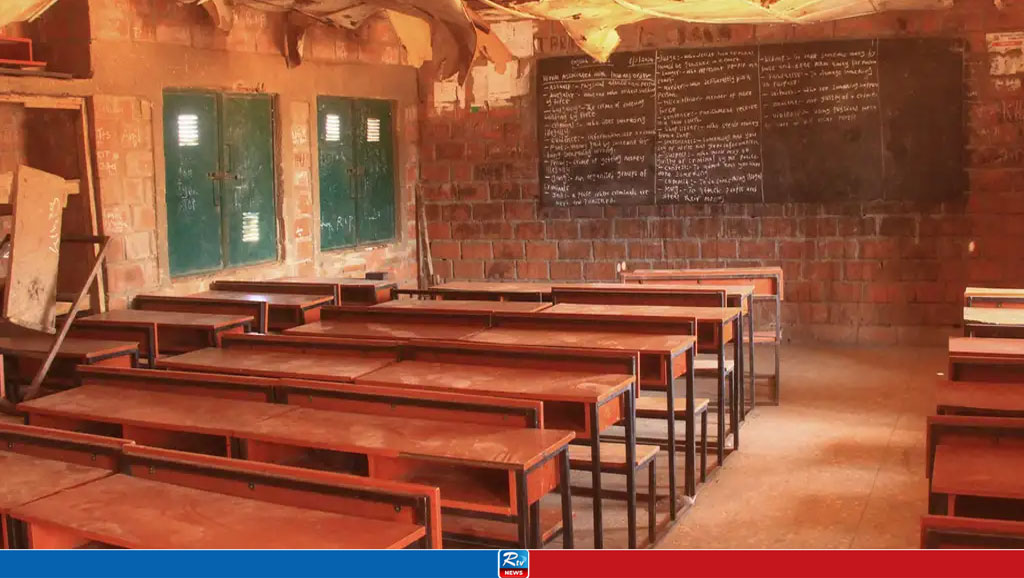
Philippines supply ships clash with Chinese coast guard

China promoting Mandarin in parts of Tibet: Report
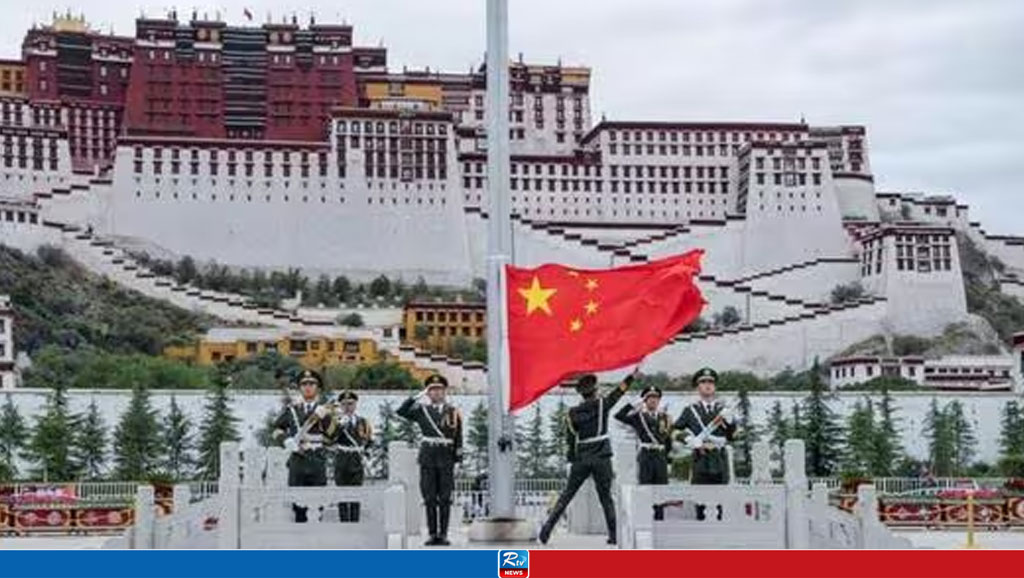
Nepal asks China to convert Pokhara airport loan into grant to ease financial burden
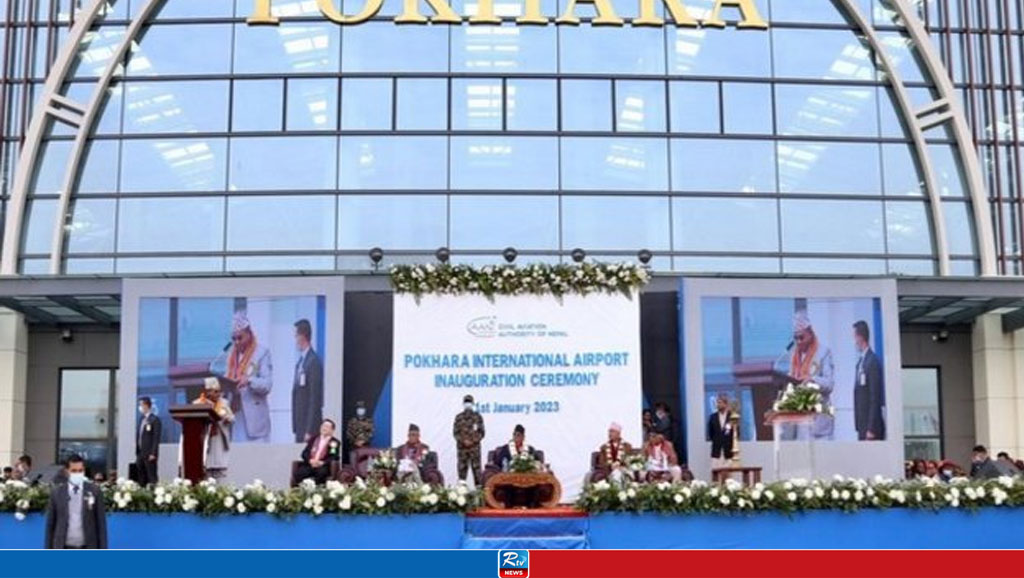

 Live Tv
Live Tv



